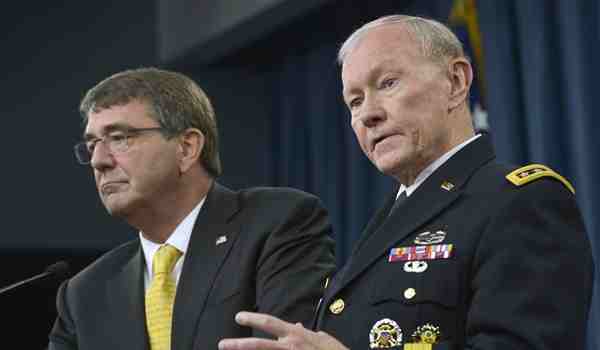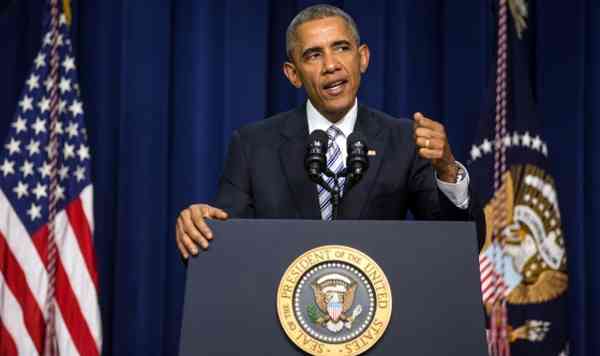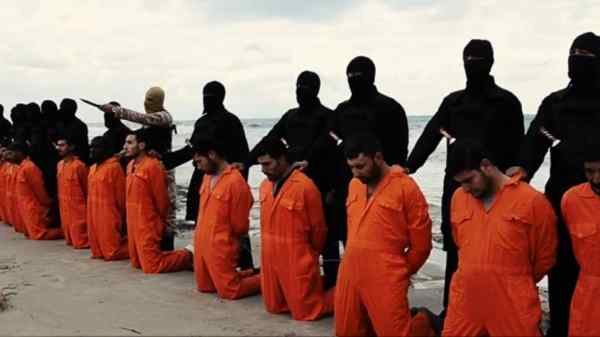U.S. Begins Combat Training for Syrian Forces

Defense Secretary Ash Carter said that it’s not a goal of the U.S. program to have the new Syrian forces engage the forces of Syrian President Bashar al-Assad.
Although ISIS (Islamic State of Iraq and Syria or ISIL) seems to be losing its momentum as its operations are restricted to only a few towns, U.S. has decided to train a new group of Syrian soldiers to fight against the terrorist outfit.
Defense Secretary Ash Carter announced Thursday that combat training has begun for nearly 90 fighters from the new Syrian forces and that a second group will begin training in the next few weeks.
Carter spoke alongside Chairman of the Joint Chiefs of Staff Army Gen. Martin E. Dempsey during a briefing to the Pentagon press corps in Washington.
[ How Islamic State Trains Its Fighters ]
“The program is a critical and complex part of our counter-ISIL efforts,” Carter said, referring to the Islamic State in Iraq and the Levant.
The training for what the secretary called “highly vetted individuals” is led by very experienced trainers and taking place in a secure location, he said.
Meanwhile, the UN Secretary-General’s Special Envoy on Syria has begun a series of consultations with Syrian stakeholders and other regional and international actors.
The idea is to take stock of their views on reopening peace talks based on the 2012 Geneva Communiqué, a spokesperson for the Organization has announced.
[ U.S. Plans New Steps to Fight and Defeat ISIS ]
Carter also said that it’s not a goal of the U.S. program to have the new Syrian forces engage the forces of Syrian President Bashar al-Assad.
Dempsey noted the program will be grown in a measured way. “This … program is very complex,” the chairman added. “It won’t be easy, but I’d emphasize that it’s one part, one component, of a much broader approach.”
The stability of the Assad regime could be a consideration as the training program proceeds, and Dempsey agreed that a destabilized regime would pose new challenges.




